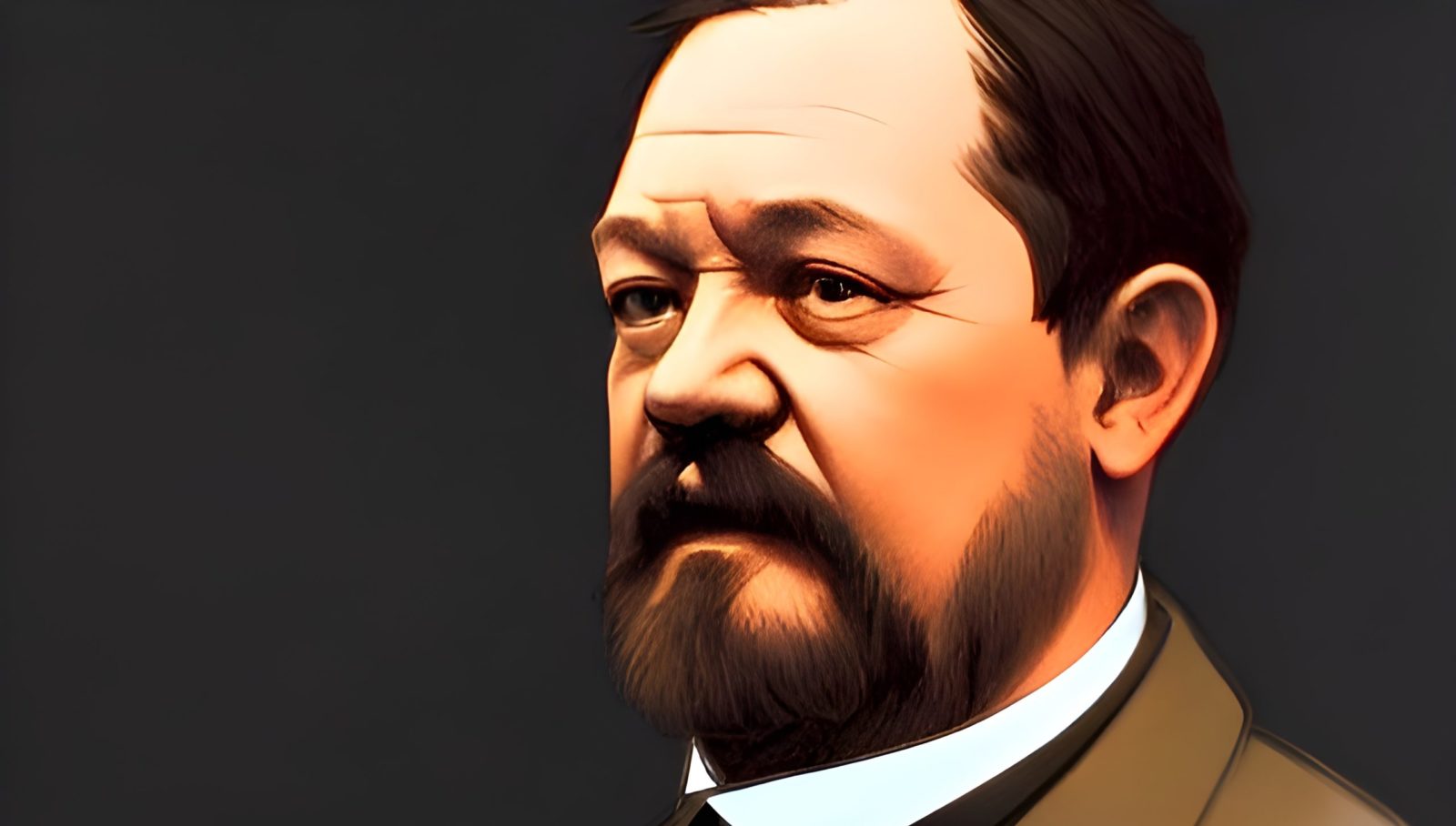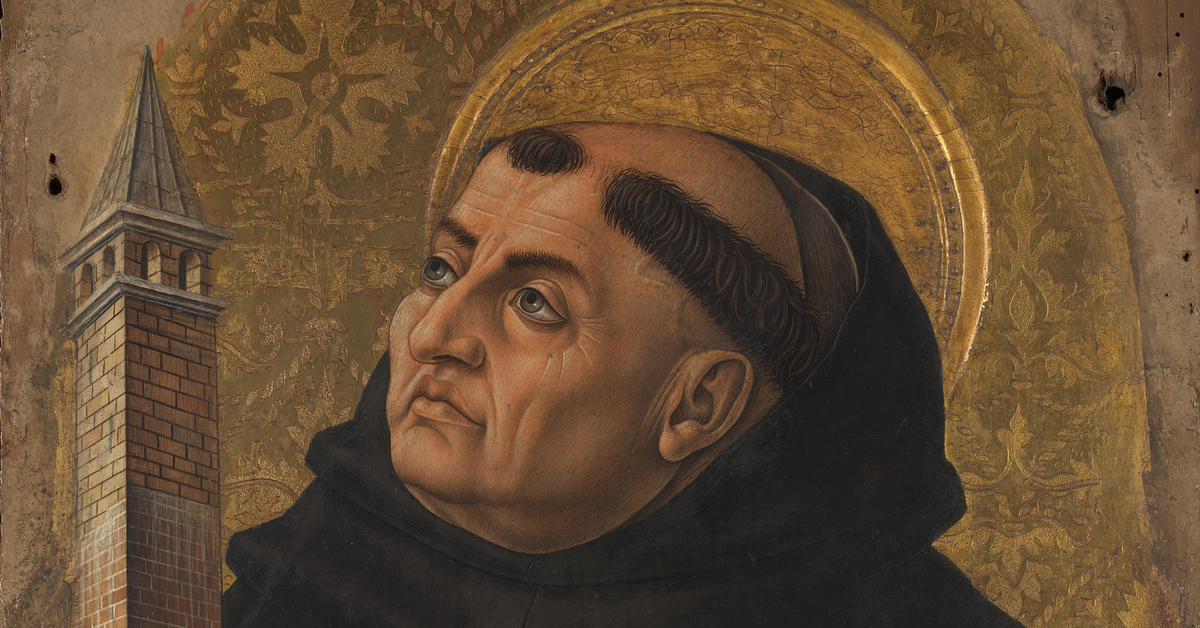
Ann Gauger on Her New Book, God’s Grandeur: The Catholic Case for Intelligent Design
Today’s ID the Future spotlights the richly stimulating new book, God’s Grandeur: The Catholic Case for Intelligent Design. Edited by biologist Ann Gauger, the anthology explores the evidence for intelligent design from a Catholic perspective, with contributions from an impressive range of Catholic scientists, philosophers, and theologians, including Gauger; internationally renowned paleontologist Günter Bechly; philosopher Jay Richards; molecular biologist Michael Behe; Rector of the European University in Rome Fr. Pedro Barrajón, LC; Aquinas and Evolution author Michael Chaberek; philosopher J. Budziszewski; professor of neurosurgery Michael Egnor; and noted Dante scholar Anthony Esolen. Listen in as Gauger gives a quick flyover of the book’s content, tells how she found her way into the intelligent design fold, and explains why Catholics should reject modern evolutionary theory, not only on theological grounds but scientific ones as well. Is it just for Catholics? Gauger says that the vast majority of the theological arguments will resonate with Christians of every stripe, and the parts focused on science and philosophy should resonate with anyone seeking to determine the best, most reasonable explanation for the origin of life, the universe, and the human race. Get your copy of the book here.


